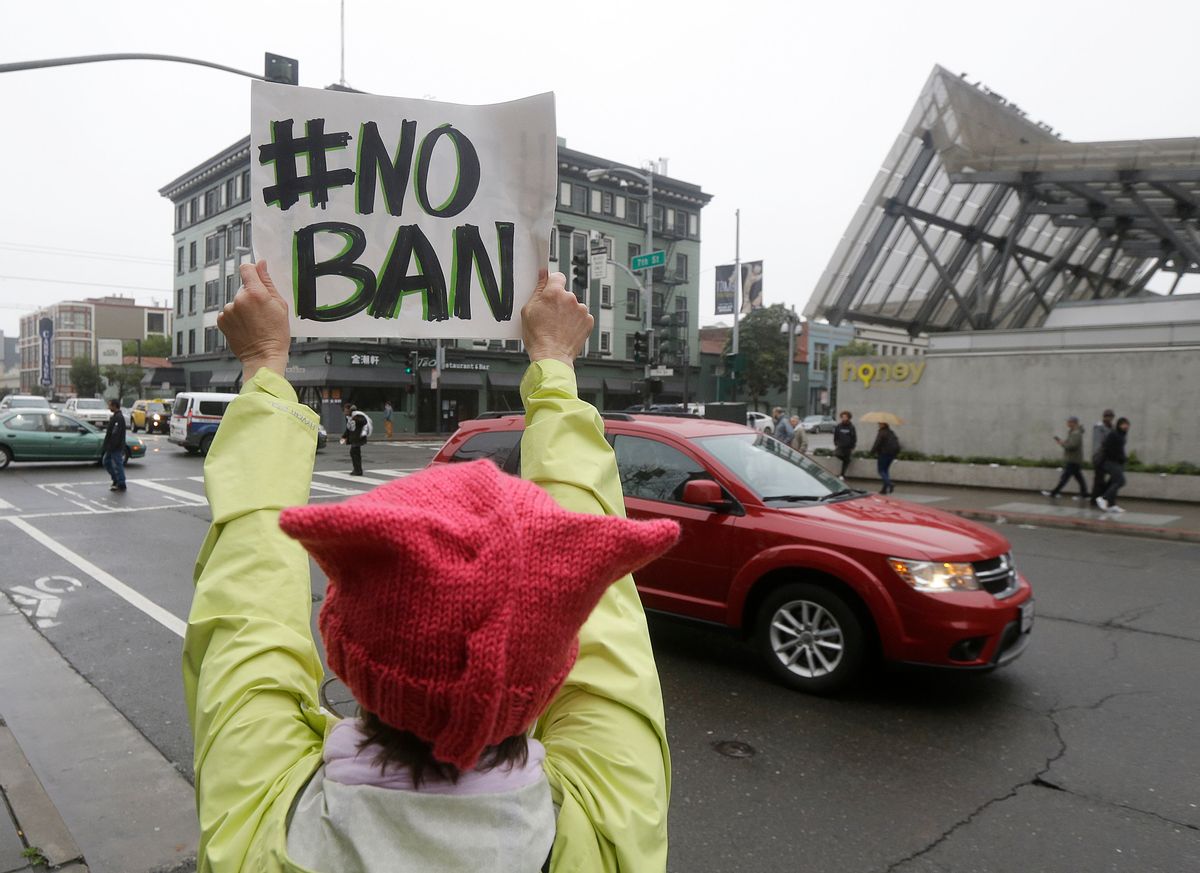President Donald Trump has revised his travel ban to remove one country, modify conditions for two others and add three new ones to the list — including a pair that aren't majority Muslim.
In a proclamation signed hours before the existing travel ban was scheduled to expire, Trump declared that Chad, North Korea and Venezuela would be added to the list of countries whose travel bans will expire, according to NPR. Because neither North Korea nor Venezuela have majority Muslim populations, this makes them the first nations included on the list that alter it from being a strictly "Muslim ban."
While the conditions applied to Libya, Syria and Yemen remain unaltered, restrictions against Somalia will be relaxed for non-immigrant visitors, while restrictions against Iran will be altered to help students and other exchange visitors. Sudan has been removed from the list altogether, effective immediately; the other changes made to the ban, including the five countries that had already been there and the three new additions, will become effective on Oct. 18.
In a statement, Trump explained that "following an extensive review by the Department of Homeland Security, we are taking action today to protect the safety and security of the American people by establishing a minimum security baseline for entry into the United States.
"We cannot afford to continue the failed policies of the past, which present an unacceptable danger to our country," he added. "My highest obligation is to ensure the safety and security of the American people, and in issuing this new travel order, I am fulfilling that sacred obligation."
The travel ban has been a contentious issue for the Trump administration since it was first proposed during the 2016 presidential campaign. Pending a Supreme Court ruling on its constitutionality, it took effect in June.



Shares